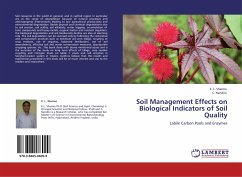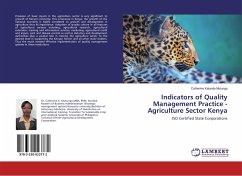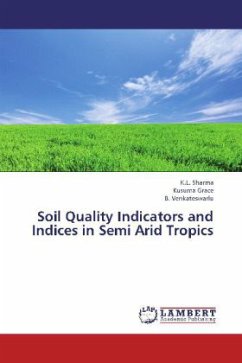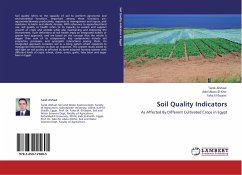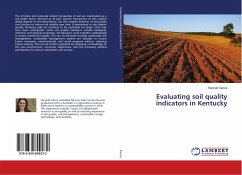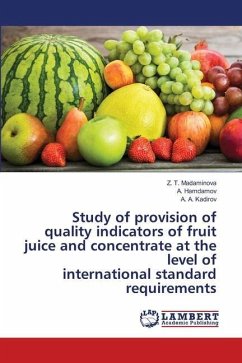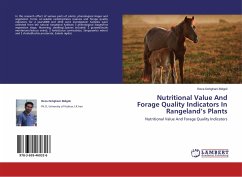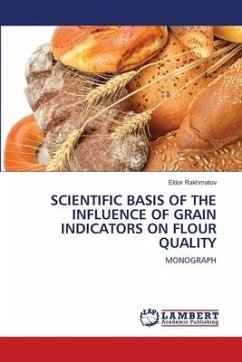Soil resources in the world in general, and in rainfed region in particular are at the verge of degradation because of natural processes and anthropogenic interventions leading to low agricultural productivity and environmental degradation. Beside physical and chemical degradations due to soil erosion, soil acidity, soil alkalinity, water logging, accumulation of toxic compounds and heavy metals, organic matter and nutrient depletion, the biological degradation and soil biodiversity decline are also at alarming rate. The soil degradation can be reversed only by following the restorative and conservation practices such as minimum are zero tillage, recycling of crop residues, use of organics, balanced fertilization, use of soil amendments, effective soil and water conservation measures, appropriate cropping systems, etc. This book deals with above mentioned issues and is the outcome of the study on long term effects of tillage, crop residue recycling and nitrogen levels on labile Cpools and soil enzymes in Sorghum-Castor system in tropics. Authors believe that the results and experiences presented in this book will be of much interest and use to the readers and researchers.
Bitte wählen Sie Ihr Anliegen aus.
Rechnungen
Retourenschein anfordern
Bestellstatus
Storno

